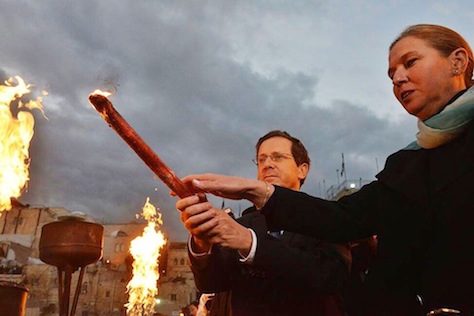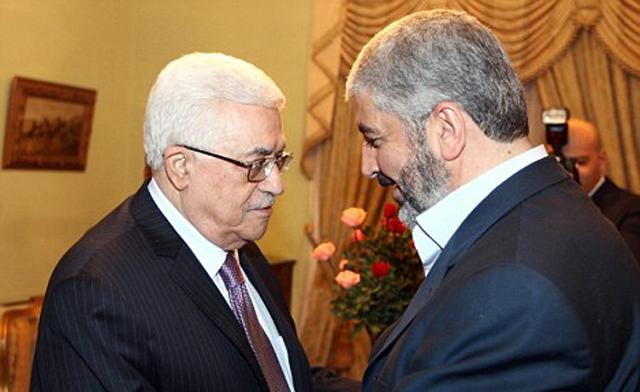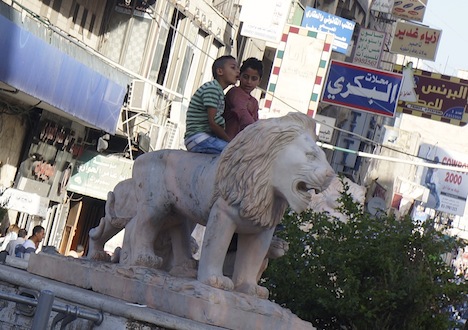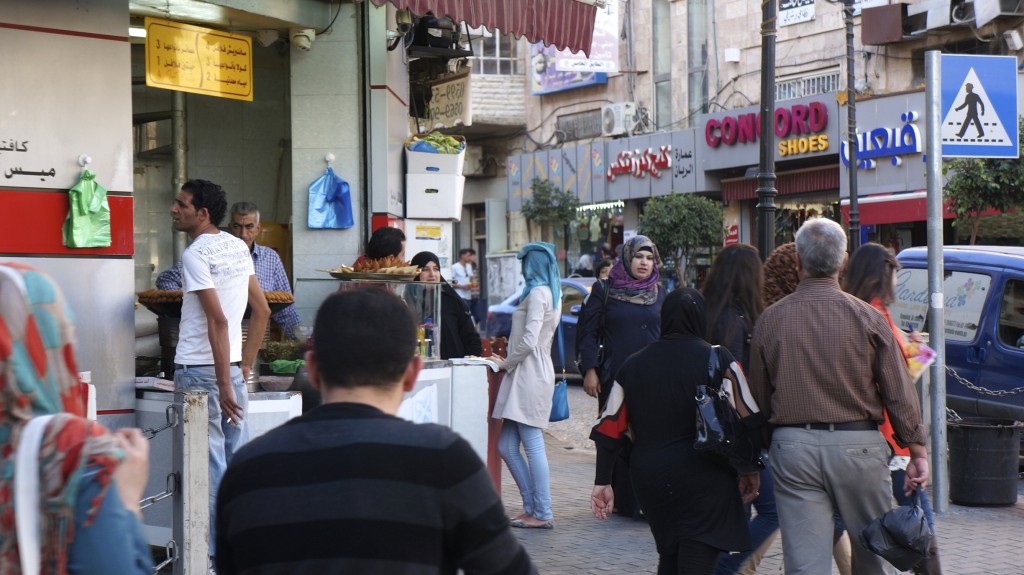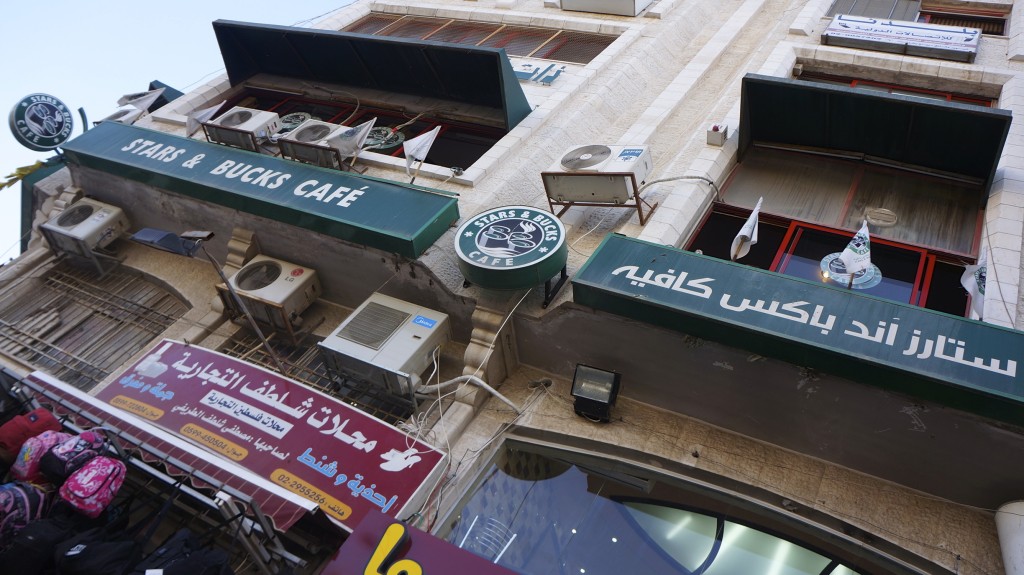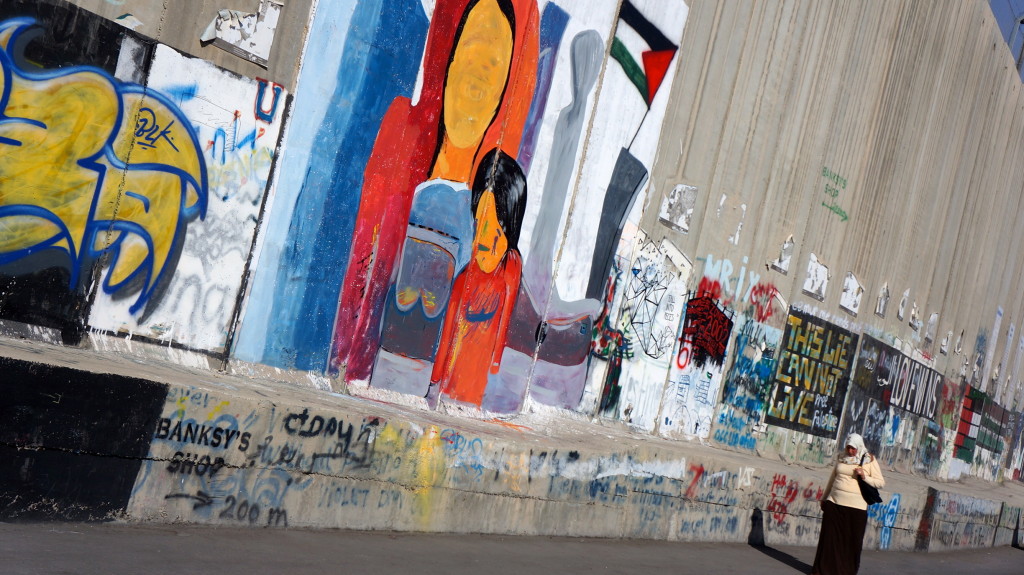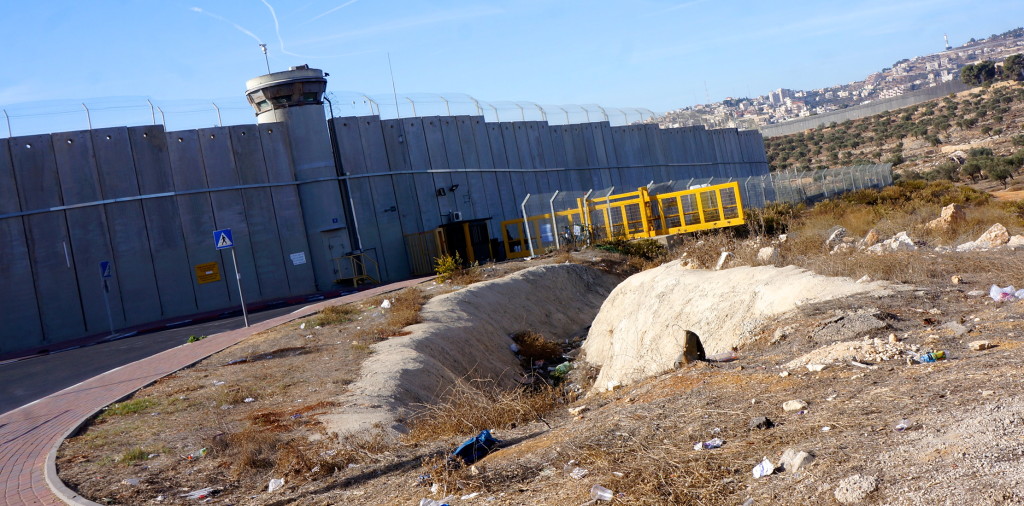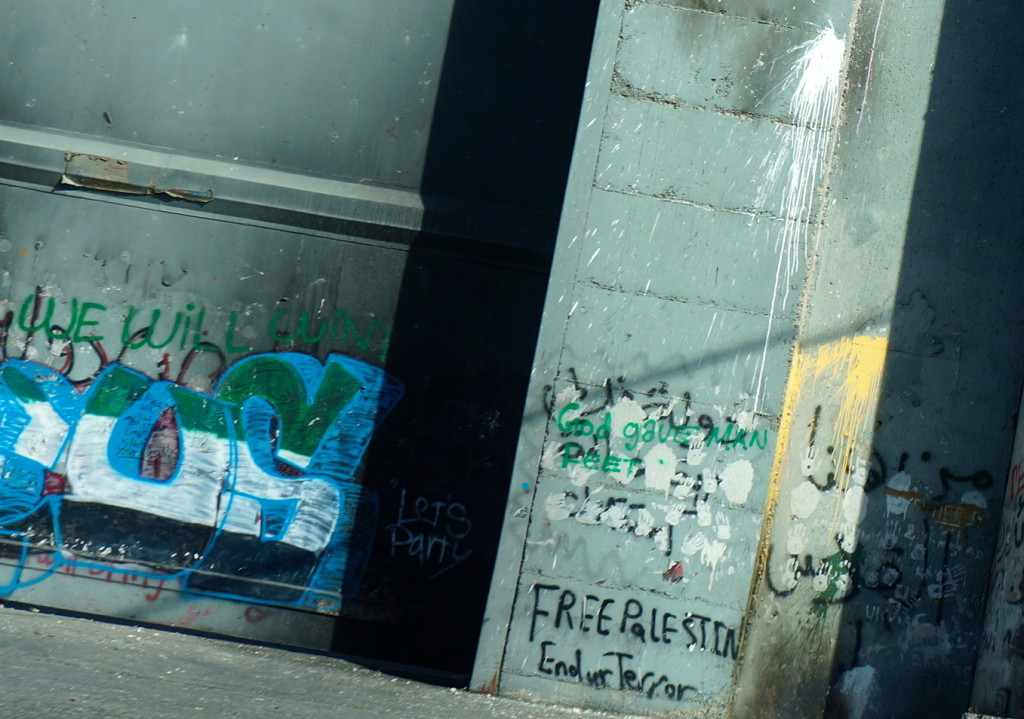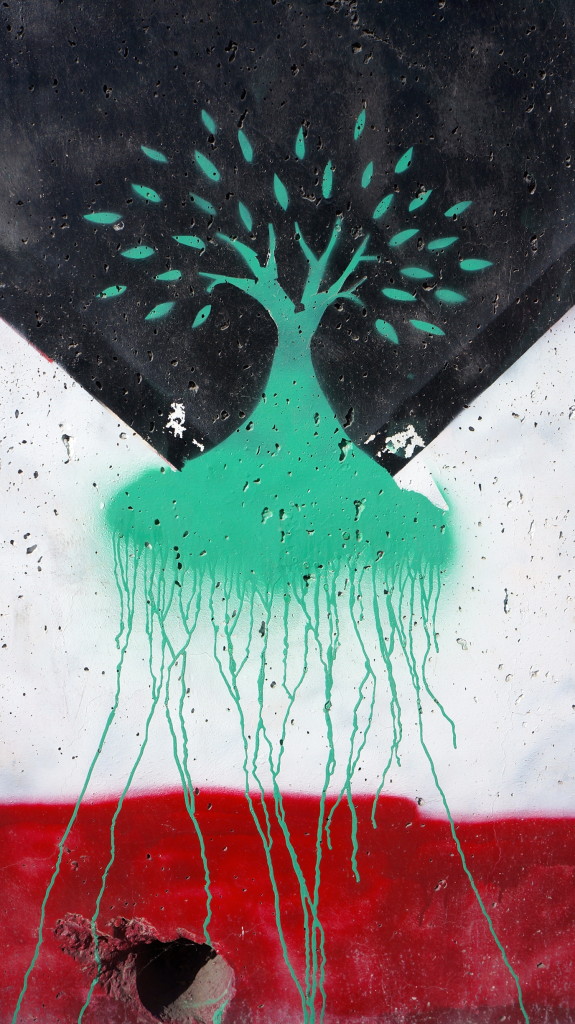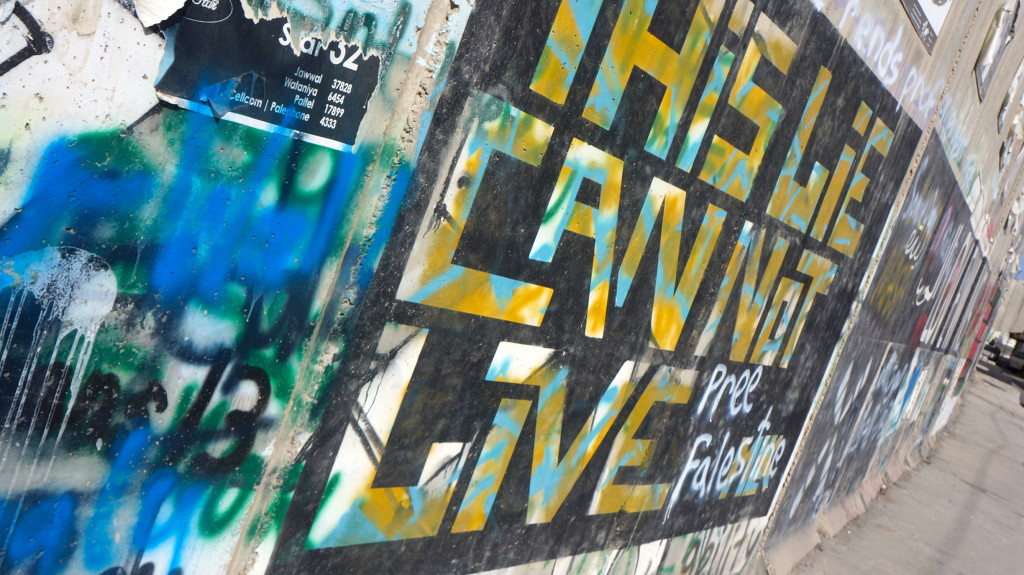With polls set to open within hours in the most competitive election in Israel since prime minister Benjamin Netanyahu returned to the premiership in 2009, both parties aiming to form Israel’s next government made their final cases to voters — and in doing so, provided election eve bombshells.![]()
![]()
Netanyahu’s decision to denounce the two-state solution and former justice minister Tzipi Livni’s decision to renounce her claim to the premiership both, in their own ways, brought the Palestinian issue back to the forefront of voters’ minds. That follows a three-month election campaign during which Israeli-Palestinian relations, a matter of existential importance to both voting Israelis and non-voting Palestinians, figured less prominently than economic concerns, sniping between secular and ultraorthodox politicians, Iran’s nuclear energy program or bilateral relations with the United States. For all the controversy over Netanyahu’s speech to the US Congress two weeks ago, the most notable aspect of his address might be that he never once uttered the word ‘Palestine.’
Netanyahu denounces two-state solution
Netanyahu announced, obliquely by way of an interview with NRG, that no Palestinian state would come into existence so long as he remains prime minister, reversing his prior 2009 commitment to a two-state solution, a stand that many Netanyahu observers always believed was less than full-hearted:
“I think that anyone who moves to establish a Palestinian state and evacuate territory gives territory away to radical Islamist attacks against Israel,” Netanyahu said. “The left has buried its head in the sand time and after time and ignores this, but we are realistic and understand”…. During a visit to the East Jerusalem settlement of Har Homa earlier Monday, Netanyahu warned that if he were not elected, “Hamastan B.” would be established in Jerusalem. “If Tzipi [Livni] and Bougie [Isaac Herzog] form a government, Hamastan B will be established here.”
Netanyahu’s strategy is clear. By tying himself to a hard-line stand on Palestinian statehood, he hopes to appeal to a handful of voters on the right — settlers and other conservatives that might otherwise be inclined to support the secular nationalist Yisrael Beiteinu (
Livni clears way for Herzog to serve full term as PM
Meanwhile, Livni, Netanyahu’s former justice minister and, only a year ago, the Israeli government’s chief negotiator in the abandoned peace process with the Palestinians, delivered her own shocker today when she gave up her claim to the premiership. Continue reading Palestine comes to the fore on Israeli election eve

